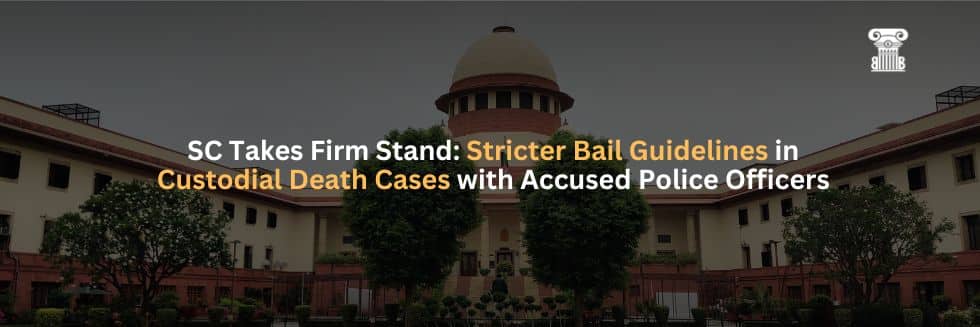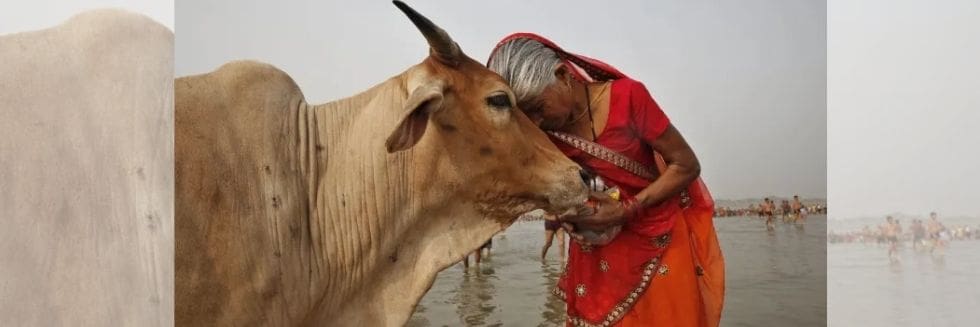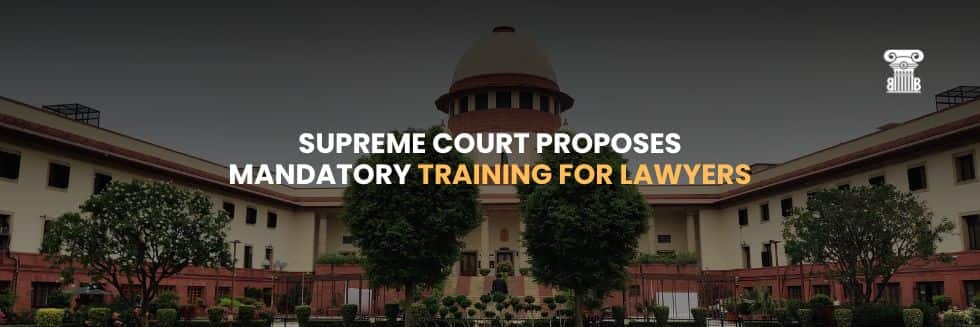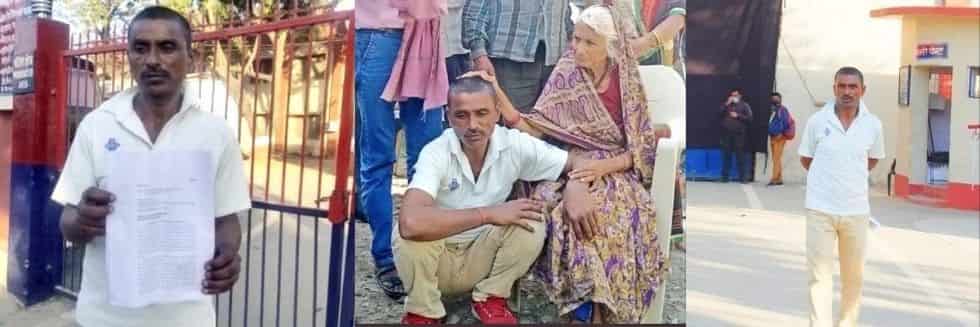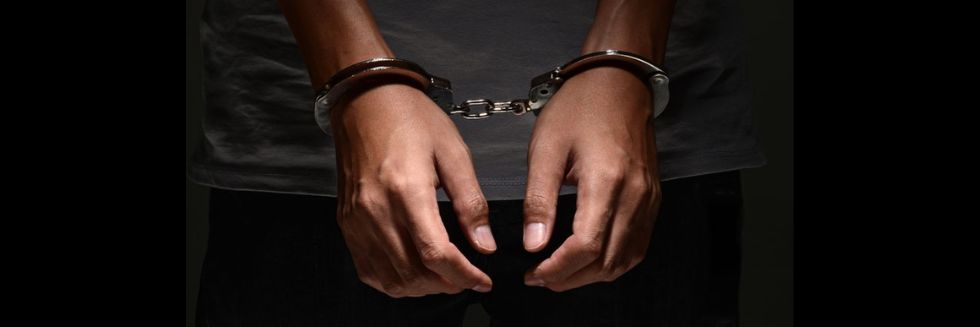In a recent case, Ajay Kumar Yadav v. The State of Uttar Pradesh & Ors., the Supreme Court took a firm stance on bail guidelines in cases of custodial death involving accused police officers. The appellant who reported his brother’s death in police custody challenged the bail granted to one of the accused police constables. The Court observed that the role of the accused was not limited to driving a police vehicle but extended to involvement in the alleged offenses.
Citing previous judgments, the Court adopted a stricter approach to bail due to the gravity of custodial death allegations. It overturned the bail order and directed the accused to surrender within four weeks. The Court emphasized the seriousness of custodial death cases involving police officers and the need for stricter bail considerations in such circumstances.
CASE DETAILS:
Ajay Kumar Yadav v. The State of Uttar Pradesh & Ors.
2024 LiveLaw (SC) 266
Supreme Court
Coram: Justices Aniruddha Bose and Sanjay Kumar
BACKGROUND:
- The appellant in this case is the complainant who reported the death of his brother in police custody on February 12, 2021.
- The deceased was arrested in connection with a robbery case and was taken into custody on February 11, 2021.
- A total of 19 police officials have been implicated in the offense and a chargesheet has been filed against them.
- As for respondent No., the chargesheet includes allegations of offenses under Section 34 read with Sections 302, 330, 331, 218 and Section 120-B of the Indian Penal Code.
- The High Court in its order dated February 15, 2023 granted bail to respondent No.3.
- The appellant challenges the order granting bail to one of the police constables accused of committing the said offense.
OBSERVATIONS:
After examining the charge sheet, the court determined that the role of the accused police official was not limited to merely being a driver of a police vehicle in relation to the alleged offences under Section 34 read with Sections 302, 330, 331, 218 and Section 120-B of the Indian Penal Code.
“We have reviewed the charge sheet and found that there is a specific role attributed to respondent No.3 in the commission of the alleged offences. According to the evidence provided by the agency, his involvement goes beyond just driving a police vehicle in the commission of the alleged offences. While these factors will need to be independently assessed during the trial when evidence is presented, we are considering them solely to determine respondent No.3’s bail,” the court stated.
Referring to its previous judgment in State of Jharkhand v. Sandeep Kumar, the court deviated from the usual approach regarding bail and adopted a stricter stance due to the grave nature of the allegation of custodial death against the accused police official which it believed was not adequately considered by the High Court when granting bail.
“Considering the contents of the charge sheet, we do not believe this was an appropriate case for granting bail to respondent No.3 within one and a half years of his initial detention. Consequently, we overturn the challenged order and directed respondent No.3 to surrender before the CBI Court within four weeks. Once respondent No.3 surrenders, he shall be taken into custody by the concerned Court,” the court concluded.
JUDGEMENT:
The Supreme Court emphasized that a stricter approach should be taken regarding bail in cases involving custodial torture where police officers are implicated. It is recognized that under normal circumstances, jurisdiction under Article 136 of the Constitution of India should not be invoked to overturn an order granting bail to an accused.
However, this standard does not apply in cases of custodial death where police officials are named as accused. Offenses of this nature are grave and serious stated the Bench comprising Justices Aniruddha Bose and Sanjay Kumar while overturning the High Court’s decision to grant bail to the accused police official.
